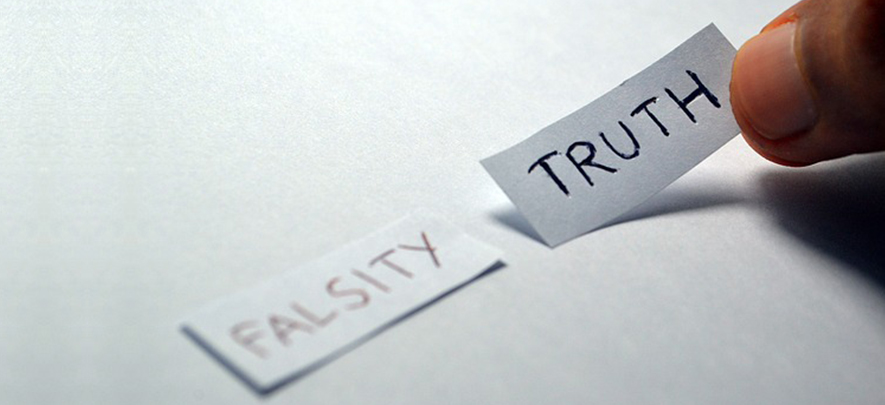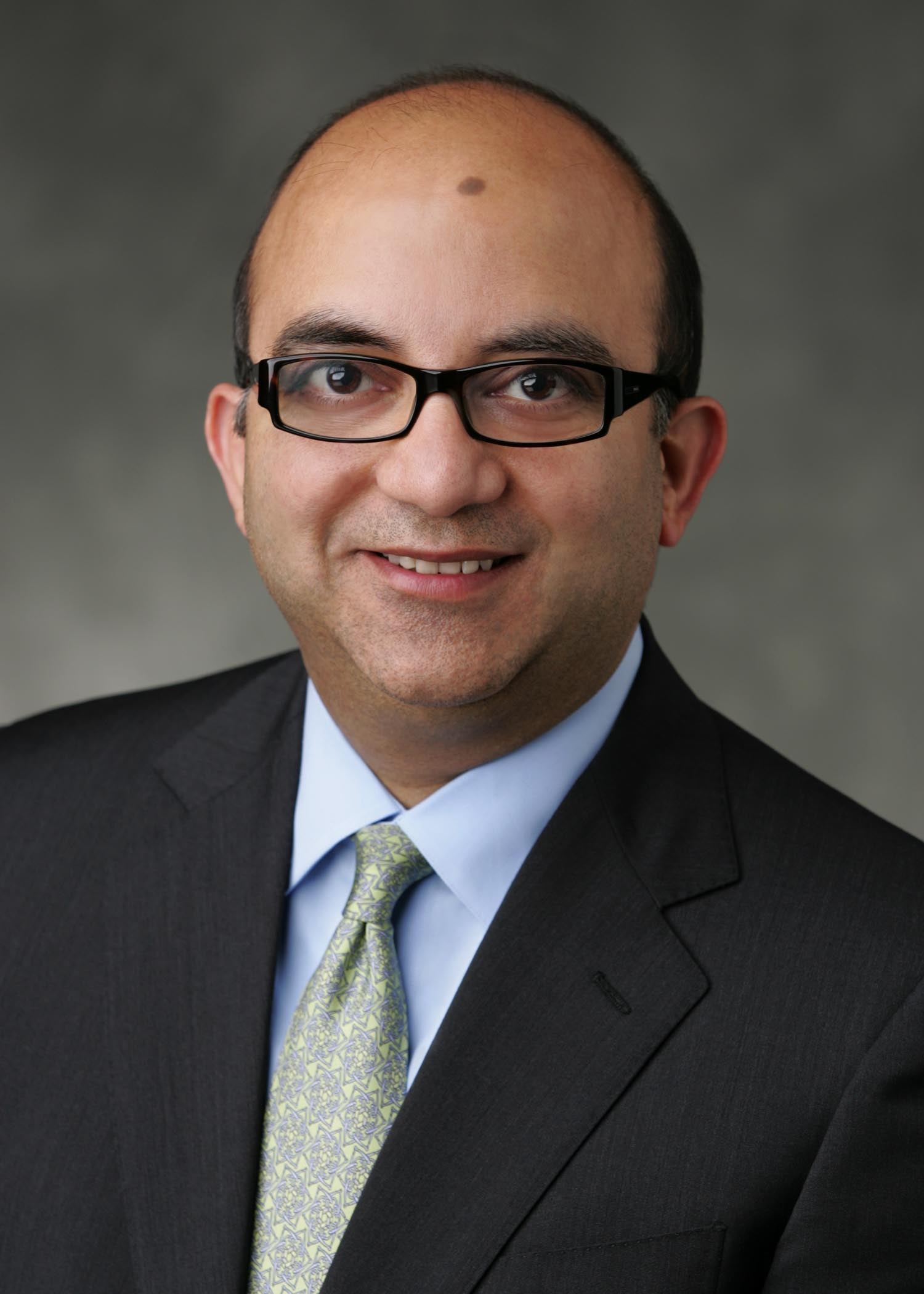Is the lack of privacy making us more honest?

Digital & Technology
331 week ago — 9 min read
Summary: Technology has always been a double edged sword. While the pros are many, one of the rising concerns is the lack of privacy with the pervasiveness of digital technology in all aspects of our lives. Rajeev Peshawaria turns this argument on its head and explores whether this lack of privacy can actually be the cause of greater self-governance and honesty. Read this article and do share your comments on this very interesting topic.
Your search engine knows everything about you from your search behaviour; and can influence your buying behaviour in more ways than most people can imagine. In some cities, AI enabled video surveillance is getting to a point that they can track you down in as little as 30 minutes through facial recognition. And to top it all, ordinary people equipped with a smart phone can make a video of you without you realising it, and it can go viral in no time.
Welcome to the naked era. There is nowhere to hide.
It is no small wonder that the lack of privacy is one of the hottest topics in the world today. The world-wide-web created by Sir Tim Berners-Lee in 1989 was meant to provide ordinary people with extraordinary freedom. By the late 90s and into the 2000s, almost anyone could easily start an online business or raise their voice about a concern. Fast-forward to 2018, and the freedom has turned into a new form of slavery where we are being controlled (or at least strongly influenced) by some powerful entities, and even some highly tech savvy individuals who can misuse their skills to cause harm. Many people are therefore arguing that our new digital existence needs new laws and stricter regulation to make the world safer.
No, this post is not an anti-monopoly or anti-capitalism socialist rant. It is not a plea to reign in the new digital super powers either. Rather, amidst all the doom and gloom commentary on the lack of privacy, I want to point out one positive aspect that is not always obvious – the naked era might be the beginning of a more honest and high-integrity society in general. Let me explain.
What would most people do if they found a stack of $100 bills on the floor at a place where no one was watching? If you’re thinking that many people would pick them up and keep them, you are probably right. Now what would they do if they found the same stack of bills in a crowded place where lots of people were watching? Chances are, they would pick up the money and try to return it to the rightful owner. Or at the very least, they would think twice before pocketing it. The only difference in the two situations is privacy! The point I am trying to make is simple – when we know we are being watched, most of us try to behave in ways that will not embarrass us.
“But that’s not true,” said a couple of my colleagues when I made this argument with them, “Just look at the number of people doing crazy things on social media… whether they are just saying hateful things or downright bullying someone, they don’t seem the least bit embarrassed.”
I said I agreed, but I believe irresponsible online behavior is either because of immaturity, or a false sense of privacy. Sitting behind their screens in a room, some people feel they can say or do anything they would dare not in public. Even though they can be traced in seconds, and even though they are creating a permanent profile of themselves, these people are naïve enough to believe they are safe behind their screens. Yes, 24/7 connectivity is currently enabling some people to do all kinds of things they shouldn’t be doing, but that may at least in part be because they haven’t understood the consequences.
My colleagues conceded, but only a little. “OK, I agree they will be more careful, for fear of being caught, but I wouldn’t go as far as to say that the nakedness will make them more honest overall,” said one of them.
Whether it is because of fear of being found out, or for any other reason, the fact is, most of us generally don’t want to do anything that makes us look bad in the eyes of society. And that might be the silver lining on the dark cloud of the naked era. Today, we are all exposed. For now, a few powerful entities (maybe more than a few) are watching our every move. As technology develops further, the nakedness could get so pervasive that anyone with a connected device may be able to watch almost anything. As a fallout of this total nakedness, most will think ten times before doing something remotely dishonest or unethical. Overall, this should make society more honest overall. At long last, the utopian dreams of the founders of the internet and open source systems might be on the verge of coming true.
When I asked a friend what she thought of my argument about the lack of privacy making society more honest, she made a point that made me pause. Like my colleagues, she also started by saying people might be more careful, but not necessarily honest. When I probed, she said this: “Honesty comes in three parts. There’s honesty of words, deeds and thoughts. The lack of privacy, and the fear of being caught might encourage honesty of deeds, and even of words to some extent, but what about honesty of thought and intention?”
Hmmm. That’s an important point. It made me wonder what it all means for you and I – ordinary people. In many cases, we’ve willingly traded our privacy for browsing pleasure. How many times have you clicked “I agree” without reading the fine print on a website just to get to where you wanted to? How many times have we revealed a bit too much of ourselves on Facebook, Instagram or Twitter? Willingly or otherwise, nakedness is here to stay. What should we do about it? Well, we need to go “back to the future.” We need to start living our lives based on the right values.
Technology has always been a double edge sword. It does both good and bad. Nuclear power can both illuminate as well as destroy the world. The same is true of today’s digital technologies.
As bio-technology and other powerful sciences make more progress, human life promises to become better and more comfortable. But can you imagine the ethical dilemmas it will create? So, what can we do to protect ourselves and be happy at the same time? Be clear about a set of values we can be proud of; and live them 24/7/365. The only thing we can control is our own behavior – let’s just do that. As my friend pointed out, we need to be honest in all three ways, words, deeds and thoughts. Having an honorable set of values; believing in them fully; and consistently behaving in accordance with them is the only way to achieve that. And we’ve always known that. As Mahatma Gandhi once said, “I have nothing new to teach the world. Truth and non-violence are as old as the hills.”
In the early 90s, the financial services company I worked for trained all employees on ethics and compliance. I still remember the punch line from the program I attended – “Don’t do anything that you will be embarrassed reading about if it were to appear on the front page of the New York Times.” The issue largely remains the same to this day except for one thing. Thanks to the omnipresence of social media, it is amplified a million times. The cost of misconduct is far greater today because of our transparent lives. The only answer is to live the right values. If this isn’t fully clear to some people, it will be soon. And that might give birth to a much more just and honest society. Thanks to this digital nakedness, we will elect more ethical leaders, and thanks to the connectivity enabled empowerment of ordinary people, we will also be able to unseat unethical ones more easily. Some unethical people today may be able to grab power, but as the nakedness becomes more pervasive, it will get much harder fr them to hold on to it.
To close with how we started this article, yes, we probably do need better and stronger governance to curb the abuse of “digital-power,” but the real solution is, and always has been, self-governance. If we are honest in our words, deeds and thoughts, we need not worry about our nakedness because then, we will have nothing to hide. And this applies equally to individuals, corporations, and governments.
Article source: https://iclif.org/articles/lack-privacy-making-us-honest/
To explore business opportunities, link with me by clicking on the 'Invite' button on my eBiz Card.
Disclaimer: The views and opinions expressed in this article are those of the author and do not necessarily reflect the views, official policy or position of GlobalLinker.
View Rajeev 's profile
Other articles written by Rajeev Peshawaria
Let the cream naturally rise to the top
297 week ago
The other duty of corporate governance
302 week ago
Most read this week













Comments
Share this content
Please login or Register to join the discussion